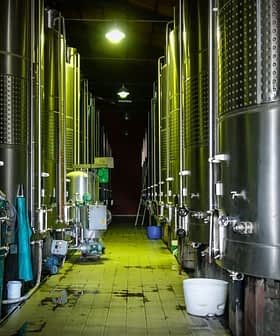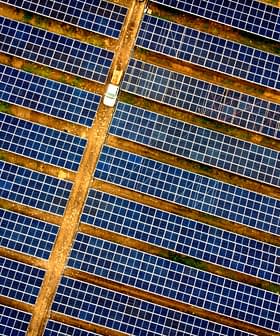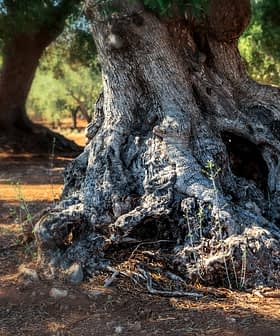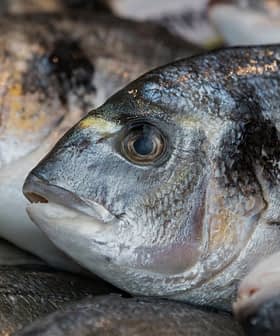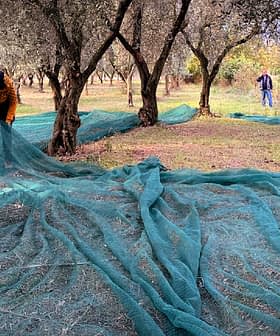Spanish Olive Oil to Help Fight Climate Change
The Spanish olive oil sector will lead a European project that will study the control of greenhouse gasses during climate change through the calculation of the environmental footprints of olive oil tree cultivation and oil production.
The non-profit organization Interprofesional del Aceite de Oliva de Español will lead a European project to calculate the environmental footprint of olive oils and their role in reducing greenhouse gases, aiming to improve the current model used for measuring environmental impact. The European Commission plans to launch the Pilot Lines project in early 2017 to establish a single method for measuring the environmental footprint of olive oils throughout their life cycle, with the goal of boosting the European olive oil business and promoting environmental sustainability.
The non-profit organization Interprofesional del Aceite de Oliva de Español will participate in a European project which will calculate the environmental footprint of olive oils and their contribution to reducing greenhouse gasses.
The Spanish olive oil sector, along with the interprofessional group, will lead the European project titled PEF (Production Environmental Footprint) pilot, an initiative that will study the control of greenhouse gasses during climate change through the calculation of the environmental footprints of olive oil tree cultivation and oil production.
Climate change is a reality that no scientists question, and the majority of Spanish olive oil consumers have been widely aware of it, and take into account the effect on the environment when they make their decision on which products to purchase.
The EU survey Eurobarometer 367 found that 80 percent of Europeans are occasionally concerned with buying products that in some form relate to improving the environment. In fact, the environmental impact a product is a key determining factor with consumers, just behind the price and quality, when making a purchasing decision.
Olive oil industries and chains acknowledge that economic sectors that effectively communicate the environmental information of their products will have an advantage over their competitors, and producers have been quick to identify, through the use of ecolabels, products and services that have a reduced environmental impact throughout their life cycle.
In order for European olive oil consumers to have complete trust in the ecolabels, the European Commission has decided to launch the Pilot Lines project which will define the categorical rules for calculating the impact that olive oils have on the environment.
In that context, the European Commission aims to develop a strategical apparatus that will establish a single method to measure the environmental footprint of a product (PEF) or an organization (Organization Environmental Footprint-OEF) which will focus on its life cycle. The project is expected to begin in early 2017, involving the stakeholders and researchers of countries including Spain, Italy, Grace and Portugal.
The interprofessional group’s main objective for the project is to improve the actual model that is currently being used to measure the environmental footprint and which only reflects the negative impact of the life cycle of olive oil, ignoring the important role that agriculture and olive groves play in the fight against climate change.
According to the data presented by the International Olive Council at the Climate Change Conference held in November in Marrakech, technicians estimated that the life cycle of one liter of olive oil, from when it’s produced until it’s consumed, generates 1.5 kilograms of carbon dioxide for each kilogram of oil produced. The ecolabel projects are seen as a way to boost the European olive oil business as well as the environment.





